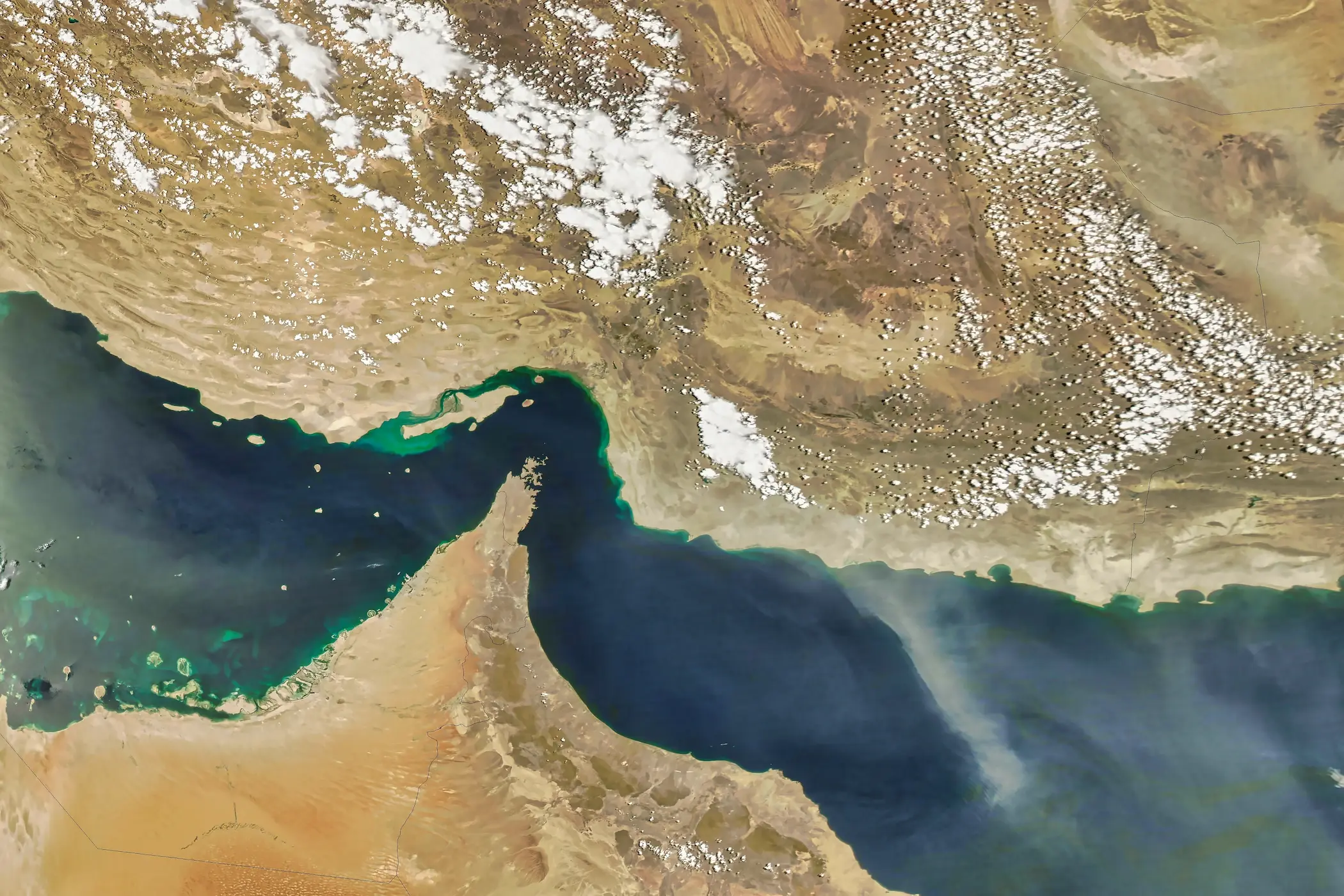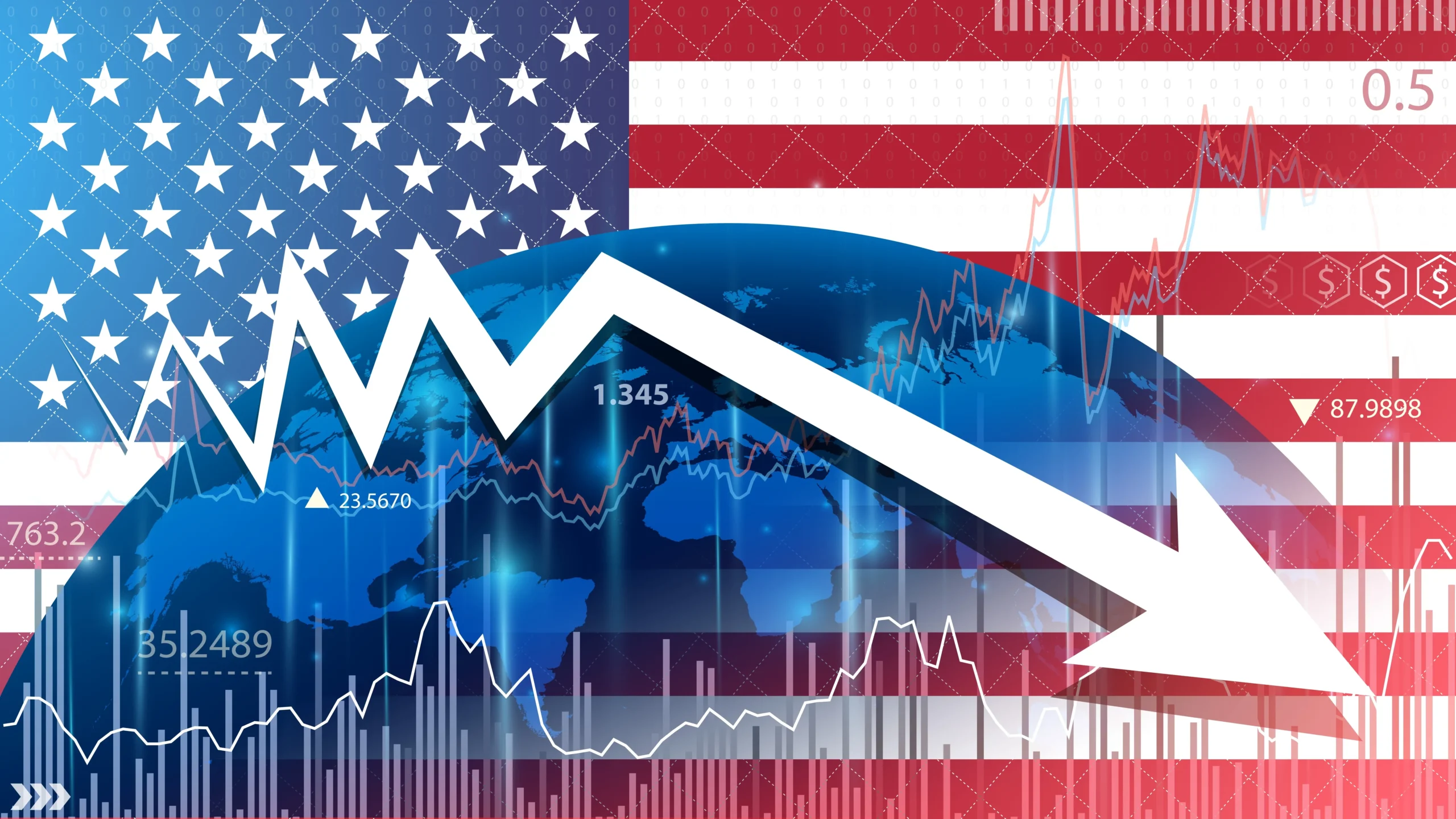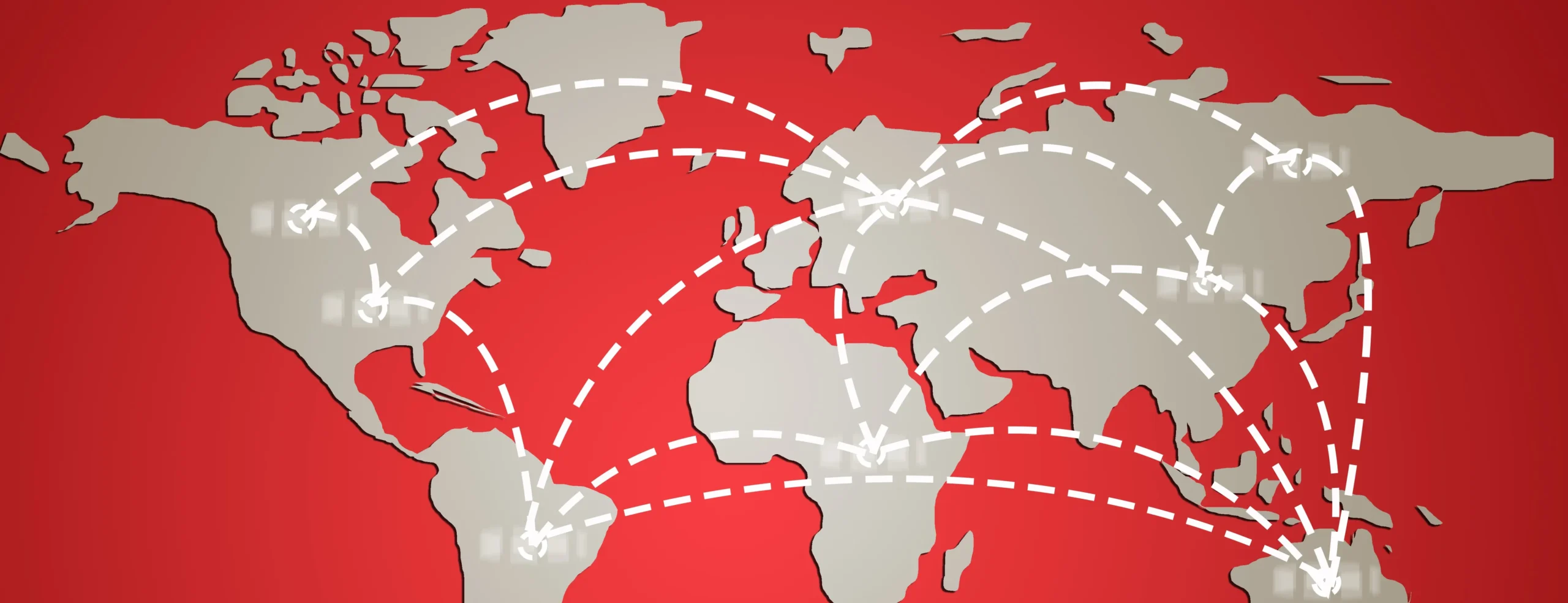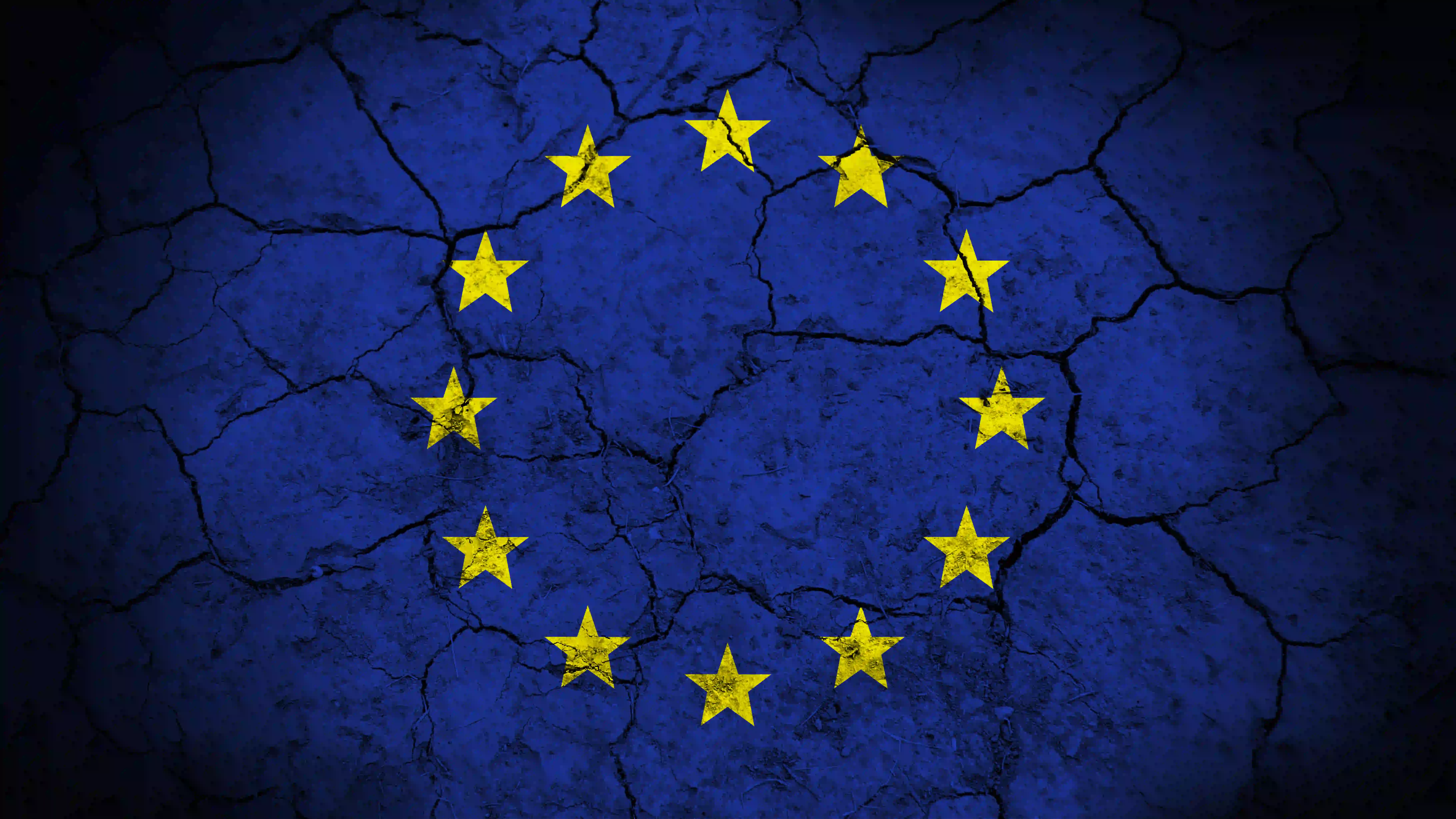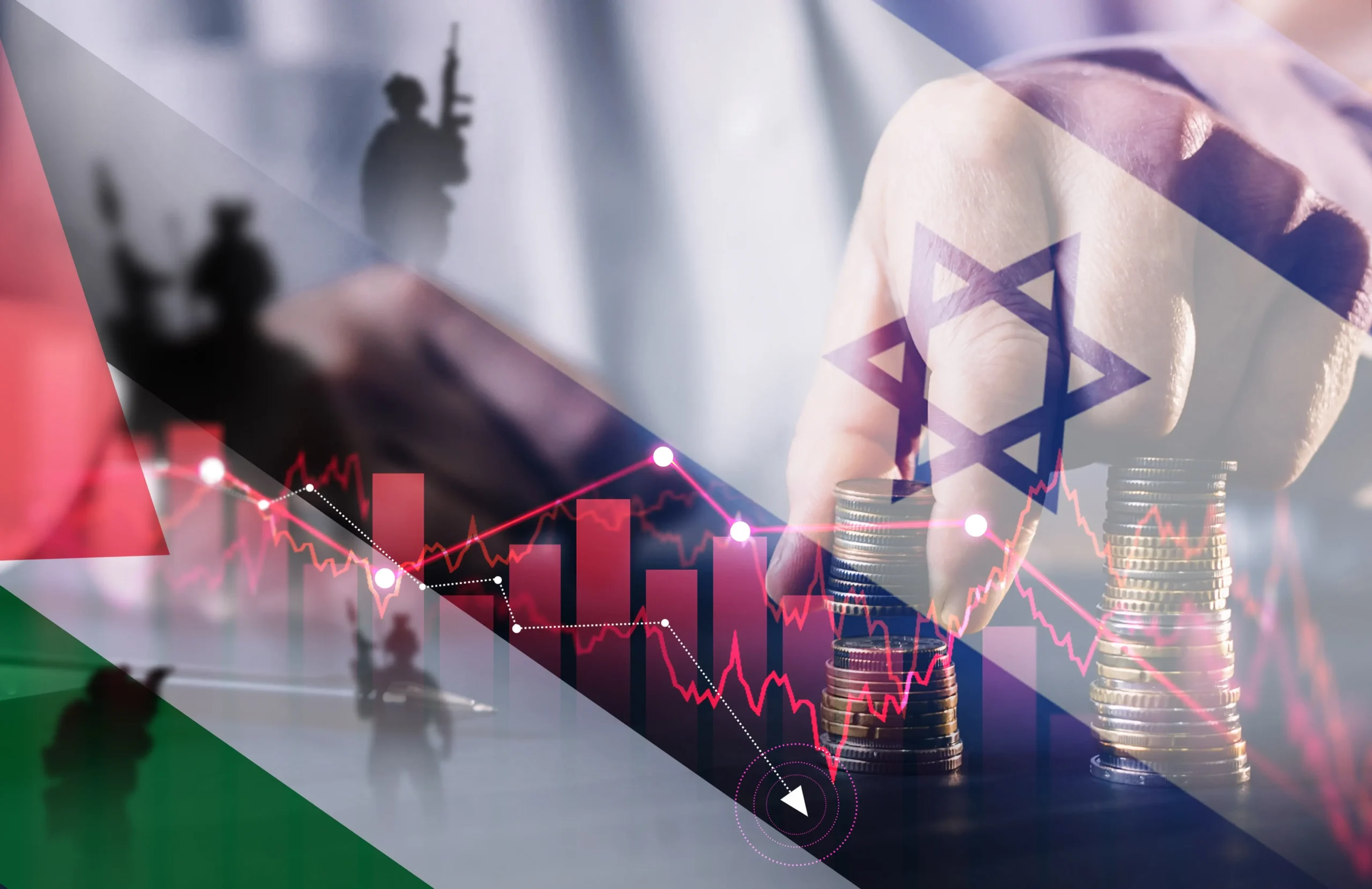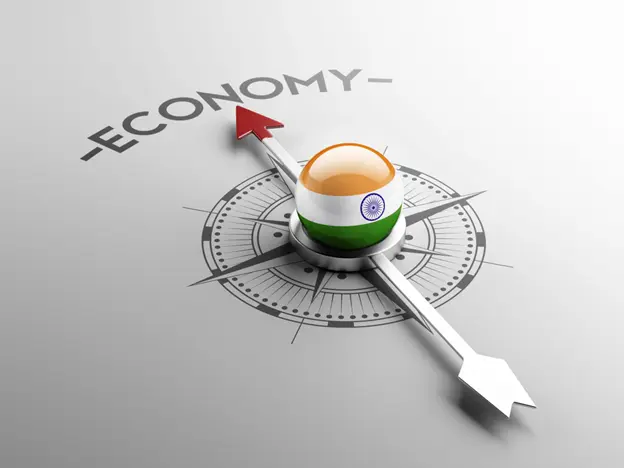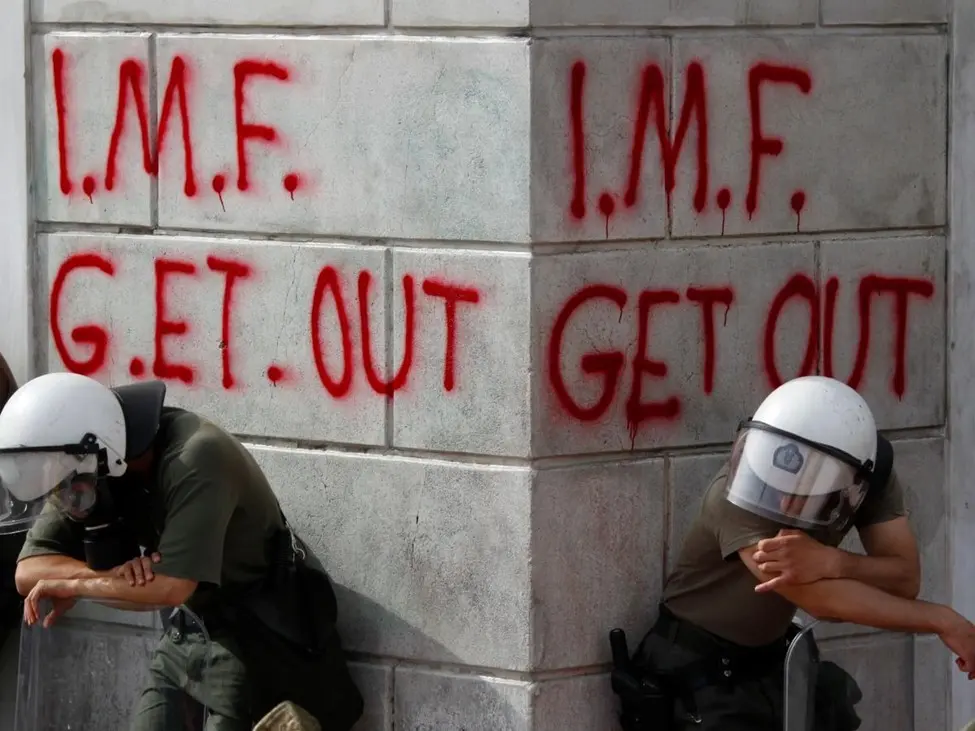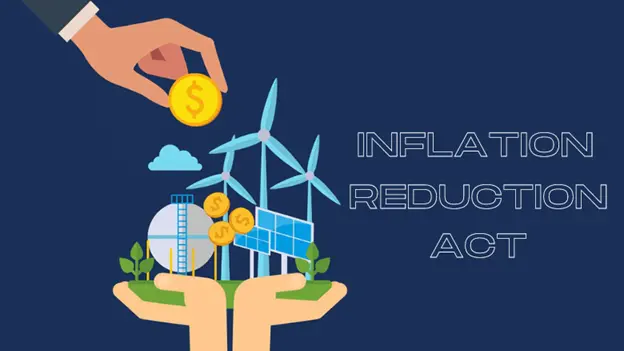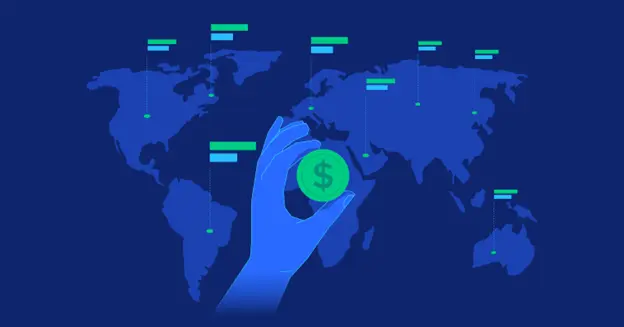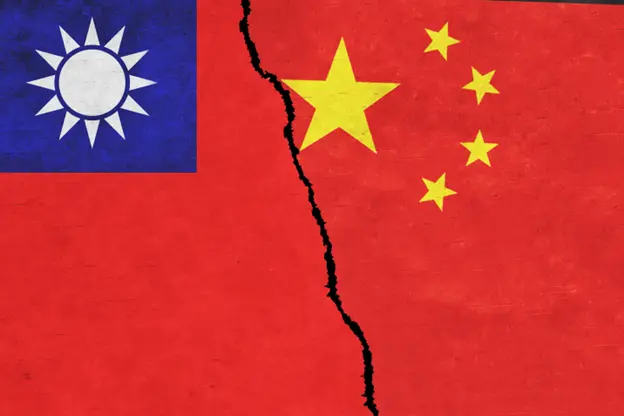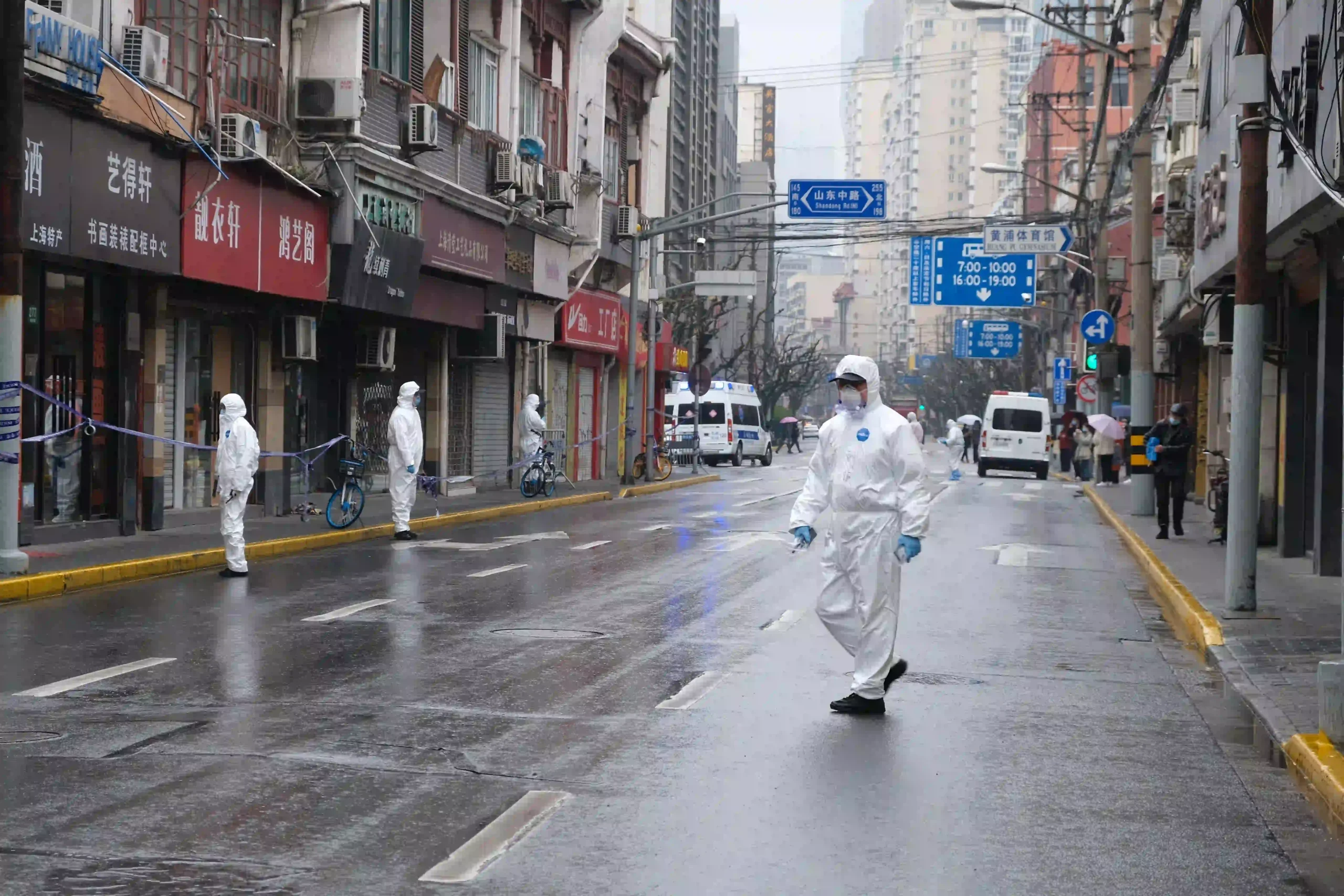Before joining Al Habtoor Research Centre, Pacinte Abdel-Fattah was a Senior Economic Researcher in the Ministry of Planning and Economic Development and Assistant to the Minister in the Technical Office. During her time in the Ministry, she conducted research in various fields and analysed reports issued by international institutions tackling numerous topics, including but not limited to the global economy and investment.
She was involved in the decision-making process during her tenure and was responsible for drafting memorandums on economic policies presented to the Prime Minister. She has diverse research interests, including the global and political economy, investment policies, international trade, and digital economy.
Pacinte holds an M.A. in International Business Law from Montreal University and a B.Sc. in Law from Ain-Shams University in Egypt.




